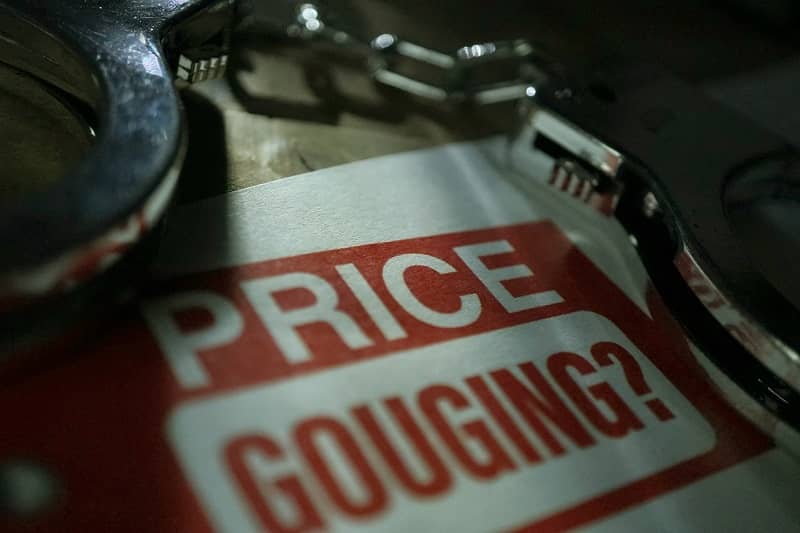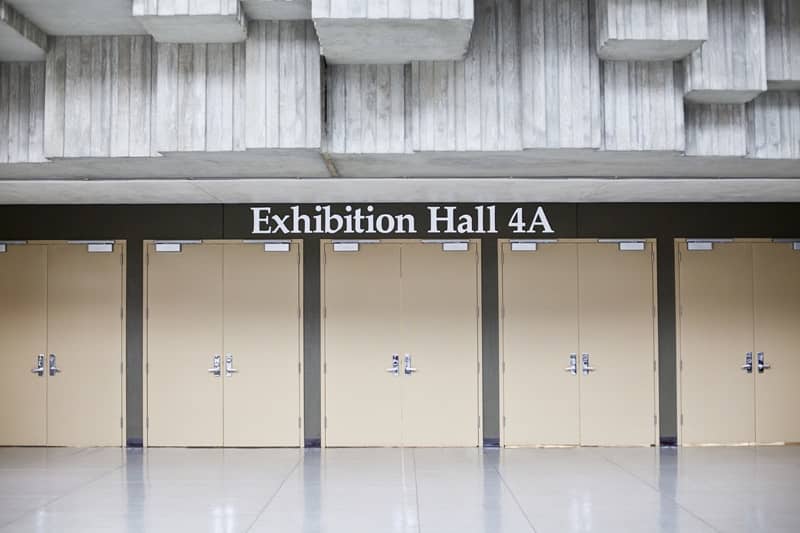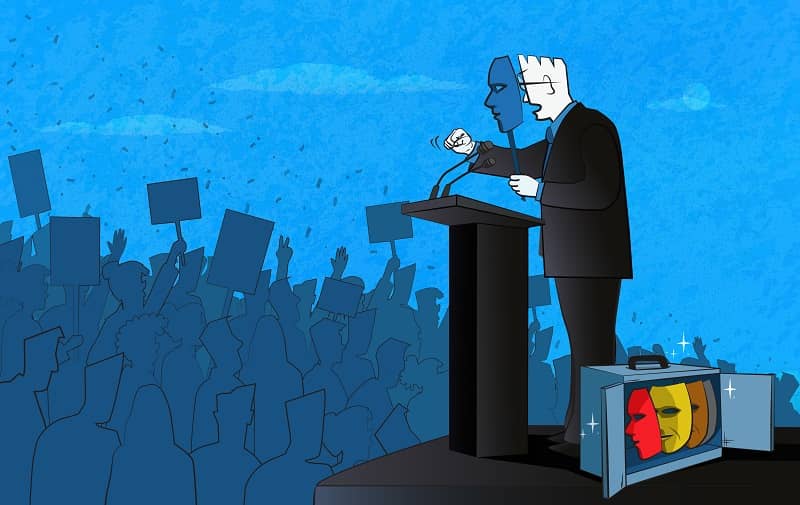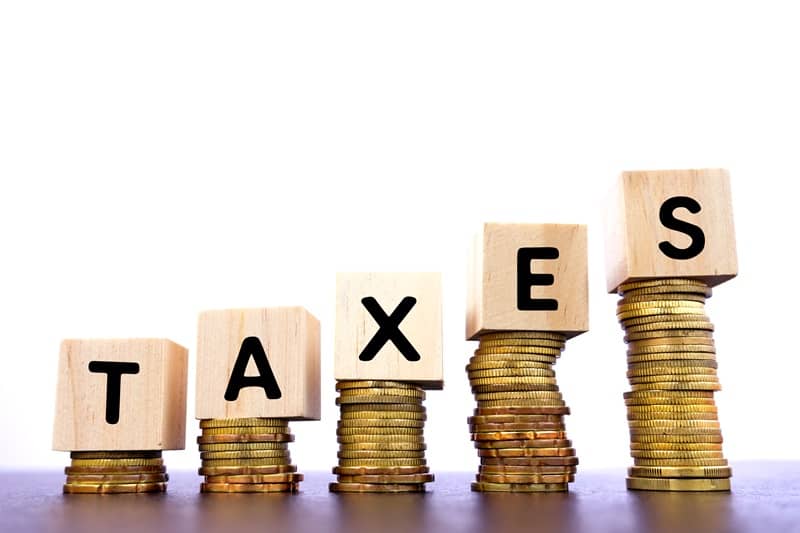On July 4 we pay homage to the founding of our country. I wonder, however, if we are living up to the vision and courage of our Founding Fathers.
Freedom was the key to their view: “We hold these truths to be self-evident, that all men are created equal, that they are endowed by their Creator with certain unalienable Rights, that among these are Life, Liberty and the pursuit of Happiness.”
Of course, security was a concern to our Founding Fathers, as evidenced by their statement in the Declaration of Independence that governments are instituted to protect rights. They knew that rights need to be protected. The Constitution is explicit about the President being commander-in-chief and Congress having the power to declare war, so security was on their minds.
Yet, while our founders were aware of the value of security, their decision to revolt placed freedom above security. What could be more dangerous than revolution against the strongest power in the world? A revolutionary war invariably causes death, not just to the rebels but to innocent civilians as well. The founders made their decision: Freedom must come first.
What could happen to a revolutionary? Those who took up arms against the Crown were at risk of being killed by a royal musket ball. Even those revolutionaries who were too old for combat risked capture and a royal noose. Their security was not at all enhanced by defying the Crown. Yet, defy it they did, imperiling their lives.
What about economic success? Our founders considered economic gain to be a worthy goal. Many of them had entered into business, as merchants or developers. A few were wealthy and most were well to do. What could be more threatening to economic welfare than a war fought at home? Some may claim that war is good for the economy; but it’s never claimed when the war is being fought amid one’s own farms, factories, and stores. The Revolutionary War was not a profit opportunity, but a cost that our founders were willing to pay to secure freedom for themselves and their families and succeeding generations.
One might suppose the founders believed a successful revolution eventually would lead to greater security, but that assumption could not possibly survive a serious cost-benefit analysis. A bloody civil war is invariably devastating to the economy. The direct risk from the Revolutionary War was great, and normal police protections are often lost during times of war. One can imagine a Founding Father thinking that in the long run, freedom would be good for the economy. None were so foolish as to think that a revolutionary war would be good in the short term. The Founding Fathers risked their fortunes and livelihoods in the cause. Today, with our very slow economic recovery, politicians are grasping at any straw that might boost people’s standard of living. Our founders, however, traded their own economic welfare for a higher value.
Today, we wonder how many of our civil liberties we must give up to be safe. We wonder how much freedom of choice we must give up to have “affordable” health care. We seldom wonder what price freedom is worth. Our founders calculated that cost carefully when they pledged, in support of the Declaration, “our lives, our fortunes and our sacred honor.” It is for us living in 2013 to be worthy of the sacrifices our Founding Fathers made back in 1776.
The key to the founders’ decision is found at the end of the Declaration of Independence that we celebrate this week: “And for the support of this declaration, with a firm reliance on the protection of divine Providence, we mutually pledge to each other our Lives, our Fortunes, and our sacred Honor.”
What would happen today if we were in a similar crisis? Those in political power now would quake at the thought of a single life lost here at home, if that life might have been saved through reduced liberty. Those in political power would say, “It’s the economy, stupid,” if a protection of liberty might have an impact on the economy. As for the third price pledged by our Founding Fathers, “our sacred honor”―it is highly valued in homes across the country, though not so much by many in leadership.
Today, let us rededicate ourselves to the fundamental principle of freedom, a principle more important than safety or wealth. Let us be worthy of our Founding Fathers.
William B. Conerly, Ph.D. is the principal of Conerly Consulting, an economic and financial consulting firm, and chairman of the board of Cascade Policy Institute, Oregon’s free market research center.











